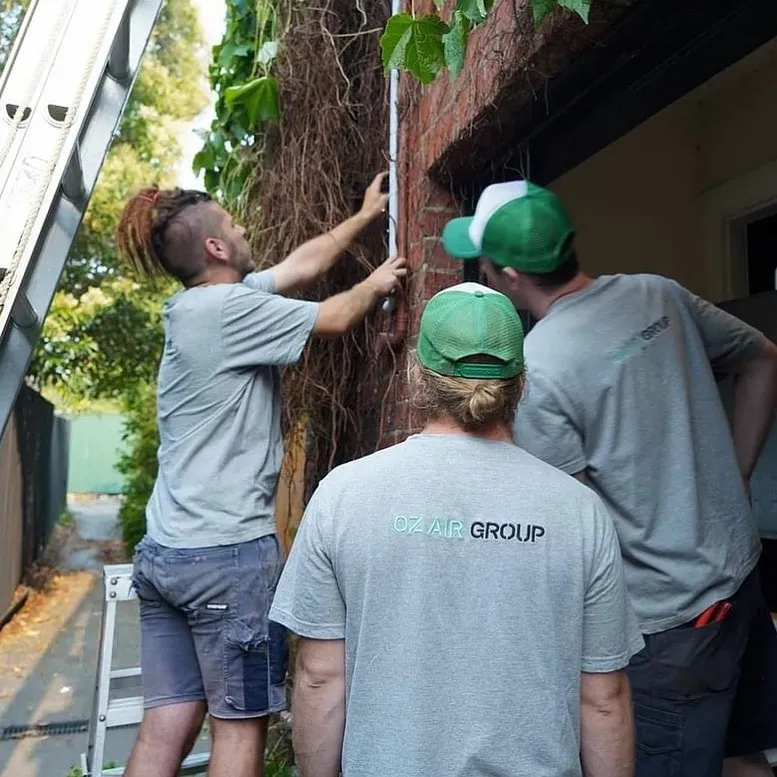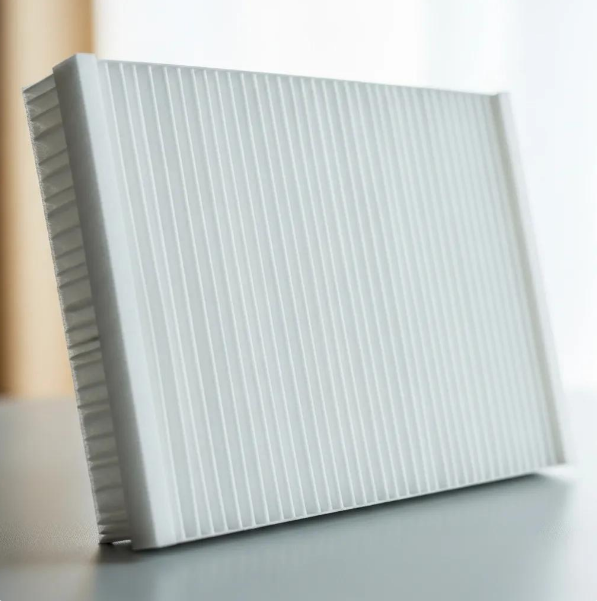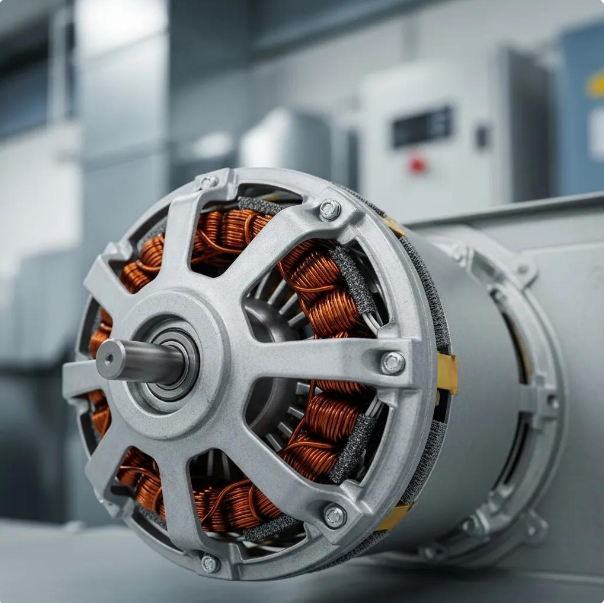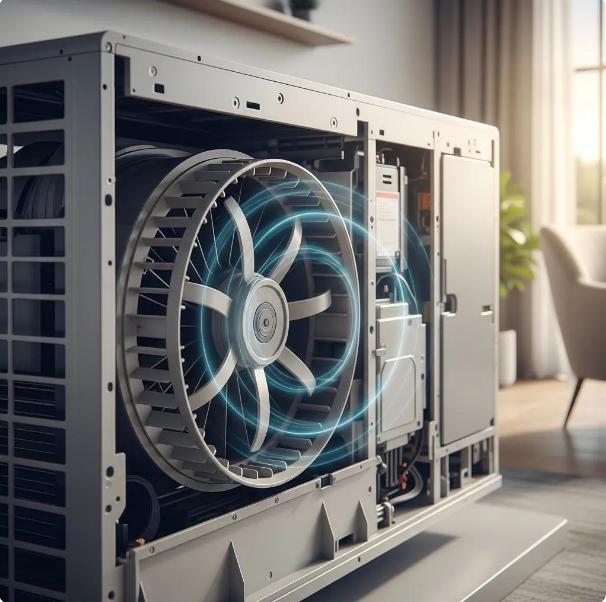6 Best Tips For Maintaining Your Air Conditioning System


Government Rebates Now Available on Energy-Efficient Air Conditioners when Replacing your Gas Heater.
Maintaining an air conditioning system involves regular care and upkeep to ensure optimal performance, efficiency, and longevity. This maintenance includes cleaning or replacing filters, checking refrigerant levels, inspecting electrical components, and cleaning coils. It's important to maintain air conditioning systems because it helps prevent breakdowns, reduce energy consumption, improve air quality, and extend the lifespan of the unit.
The main reason to properly maintain your air conditioning system is to ensure it operates efficiently, saving you money on energy bills and preventing costly repairs. Regular maintenance can catch small issues before they become major problems, keeping your home comfortable year-round.
Air conditioning maintenance typically involves several key tasks that should be performed regularly. These include changing or cleaning filters monthly, checking thermostat settings seasonally, cleaning outdoor units annually, and scheduling professional inspections at least once a year. Let's explore these maintenance tips in more detail:
Check and clear the air paths to promote optimal airflow
This tip involves ensuring that air can flow freely through your system. You should check and clean or replace air filters monthly, as dirty filters restrict airflow and reduce efficiency. It's also important to keep vents and registers clear of furniture or other obstructions. This task is crucial because restricted airflow forces your system to work harder, increasing energy consumption and wear on components. Most homeowners can change filters and clear vents themselves, but for a thorough duct cleaning, it's best to call a professional.
Regularly inspect your thermostat
Inspecting your thermostat involves checking its accuracy and programming. You should do this seasonally or if you notice inconsistent temperatures. A properly functioning thermostat ensures your system runs only when needed, maintaining comfort while minimising energy use. Most modern thermostats are user-friendly, allowing homeowners to check settings and replace batteries. However, if you suspect calibration issues or need to upgrade to a smart thermostat, it's best to consult an expert.
Inspecting Components and Electrical Connections
This maintenance task involves checking the condition of various system components and ensuring all electrical connections are secure. It should be done annually by a qualified technician. This inspection is important because loose connections can cause system failure or pose safety hazards. Due to the complexity and potential dangers involved, a professional HVAC technician should always perform this step.
Visually inspect the condenser fan
Visually inspecting the condenser fan involves checking for any visible damage or debris on the fan blades. This should be done monthly during the cooling season. It's important because a damaged or obstructed fan can't efficiently remove heat from your home, reducing system efficiency. While homeowners can visually inspect the fan, any repairs or thorough cleaning should be left to professionals due to the delicate nature of the components.
Keep the outdoor AC unit Clean
Keeping the outdoor unit clean involves removing debris like leaves, grass clippings, and dirt from around and inside the unit. This should be done monthly during the cooling season. It's important because debris can obstruct airflow and reduce efficiency. Homeowners can do basic cleaning by gently hosing down the unit and removing visible debris, but for a thorough internal cleaning, it's best to call a professional.
Scheduling Regular Maintenance with qualified technician
This tip involves having a professional HVAC technician perform a comprehensive inspection and tune-up of your system. This should be done at least once a year, ideally before the start of the cooling season. Regular professional maintenance is important because technicians can identify and address issues that homeowners might miss, ensuring peak performance and preventing breakdowns. This step requires the expertise of a qualified HVAC technician and should not be attempted by homeowners.
What is the importance of regular air conditioner maintenance?
Regular air conditioner maintenance is essential for several reasons. It ensures your system operates at peak efficiency, reducing energy consumption and lowering utility bills. Maintenance also improves indoor air quality by keeping components clean and free of allergens. It extends the lifespan of your air conditioner, potentially saving you thousands of dollars in premature replacement costs. Moreover, regular maintenance helps prevent unexpected breakdowns, especially during peak summer months when you need your AC most. Neglected air conditioners are more prone to breakdowns, requiring costly repairs and potentially leaving you without cooling when you need it most.
What are the main benefits of regular Maintenance on Air Conditioning System?
Regular maintenance of air conditioning systems offers numerous benefits:
- Improved energy efficiency
- Lower utility bills
- Enhanced indoor air quality
- Extended system lifespan
- Fewer breakdowns and repairs
- Consistent cooling performance
- Maintained manufacturer's warranty
- Early detection of potential issues
What are the negative effects of Neglecting Air Conditioner Maintenance?
Neglecting air conditioner maintenance can lead to several negative consequences:
- Reduced energy efficiency
- Higher energy bills
- Poor indoor air quality
- Shortened system lifespan
- More frequent breakdowns
- Inconsistent cooling
- Voided manufacturer's warranty
- Unexpected and costly repairs
How Often Should You Service Your Air Conditioner?
How often to service aircon? For split system air conditioners, which are common in Australian homes, you should have professional maintenance performed at least once a year, ideally before the start of the cooling season. Factors influencing this frequency include usage patterns, local climate, and the age of the system.
How to Choose a qualified technician for your Air Conditioner Maintenance?
When choosing a qualified technician for air conditioner maintenance, look for proper licensing and certifications specific to HVAC systems. Consider their experience, particularly with your type of system. Check for positive customer reviews and ask for references. Ensure they offer a detailed service checklist and provide clear, upfront pricing. A good technician should also be punctual, professional, and willing to answer your questions.
Why Choose Ozairgroup for air Conditioning maintenance in Melbourne?
Ozairgroup is an excellent choice for air conditioning maintenance service in Melbourne because we offer comprehensive, professional services tailored to local climate conditions. Our team of experienced technicians is fully licensed and trained to work on various air conditioning systems. Ozairgroup prioritises customer satisfaction, providing reliable, efficient service to keep your air conditioning system running smoothly year-round.
Areas we service
Oz Air covers Melbourne and its northern suburbs.

Get in touch






.png)









.png)